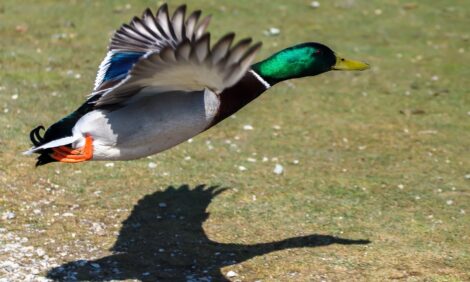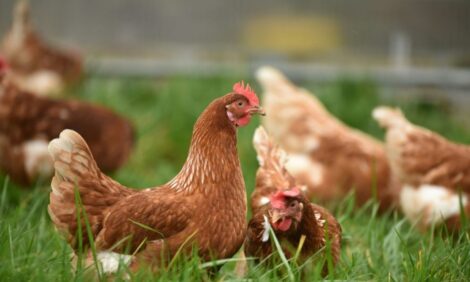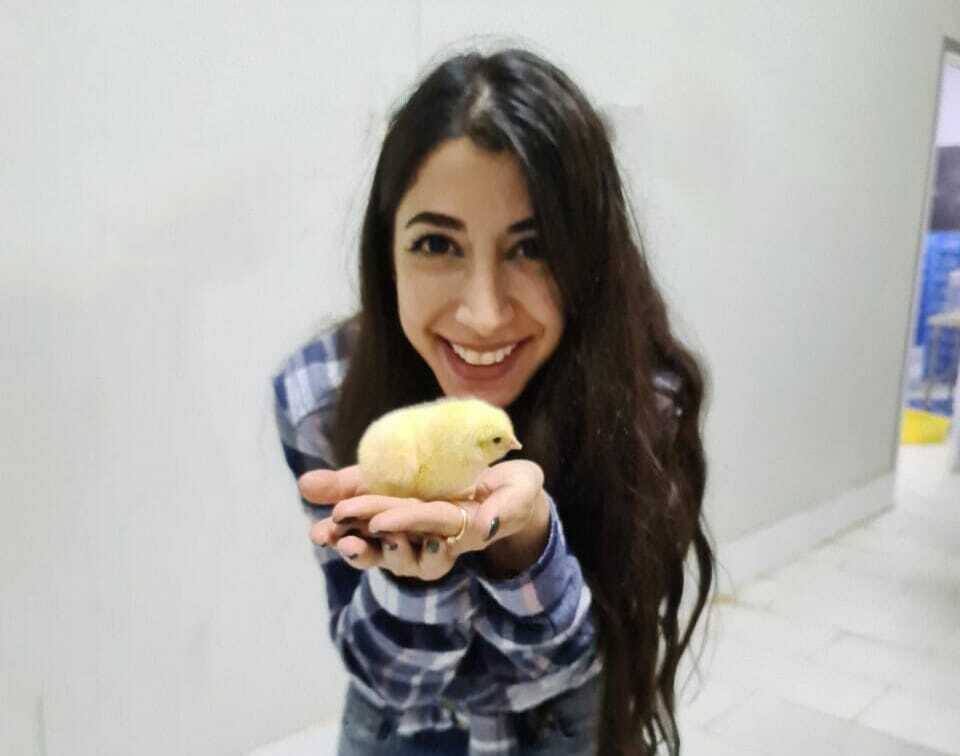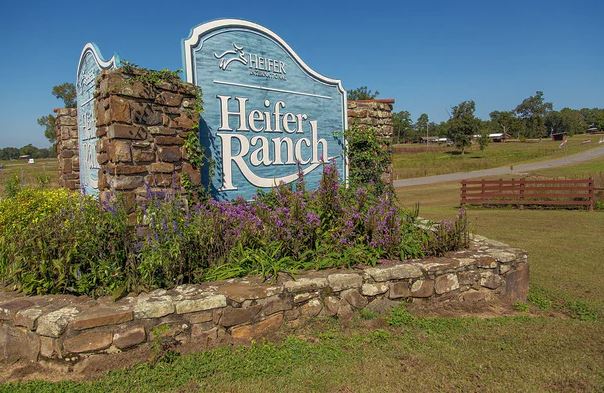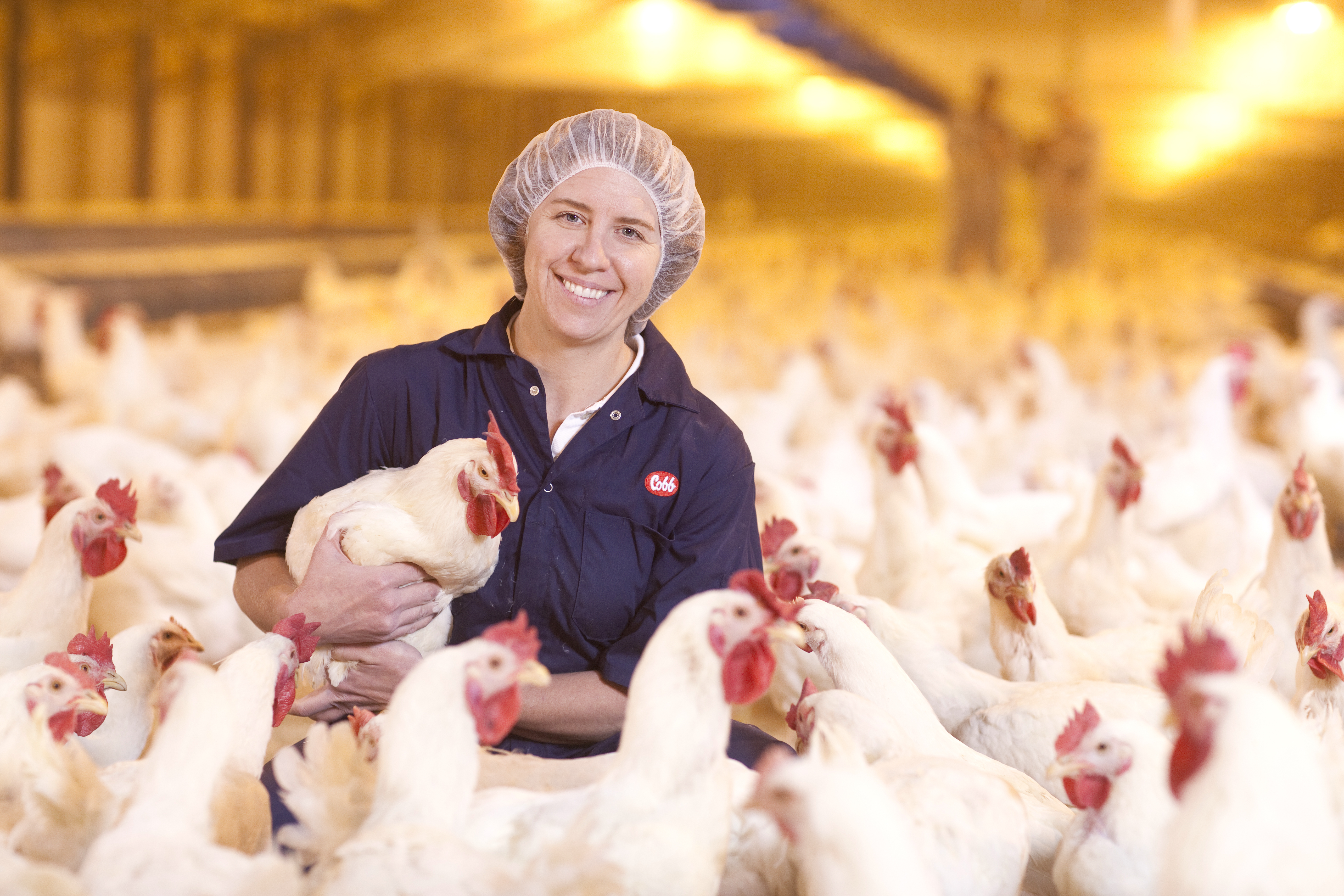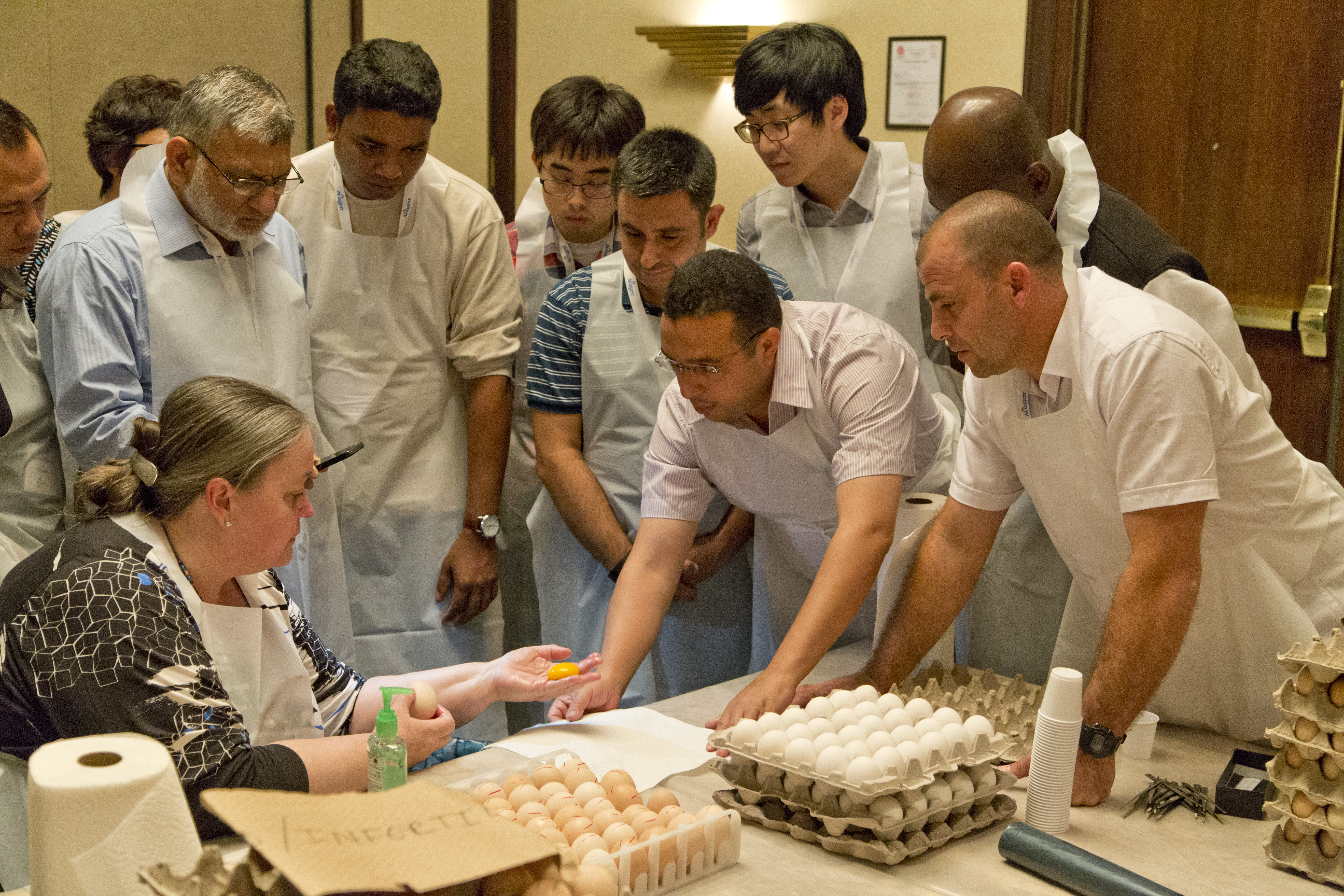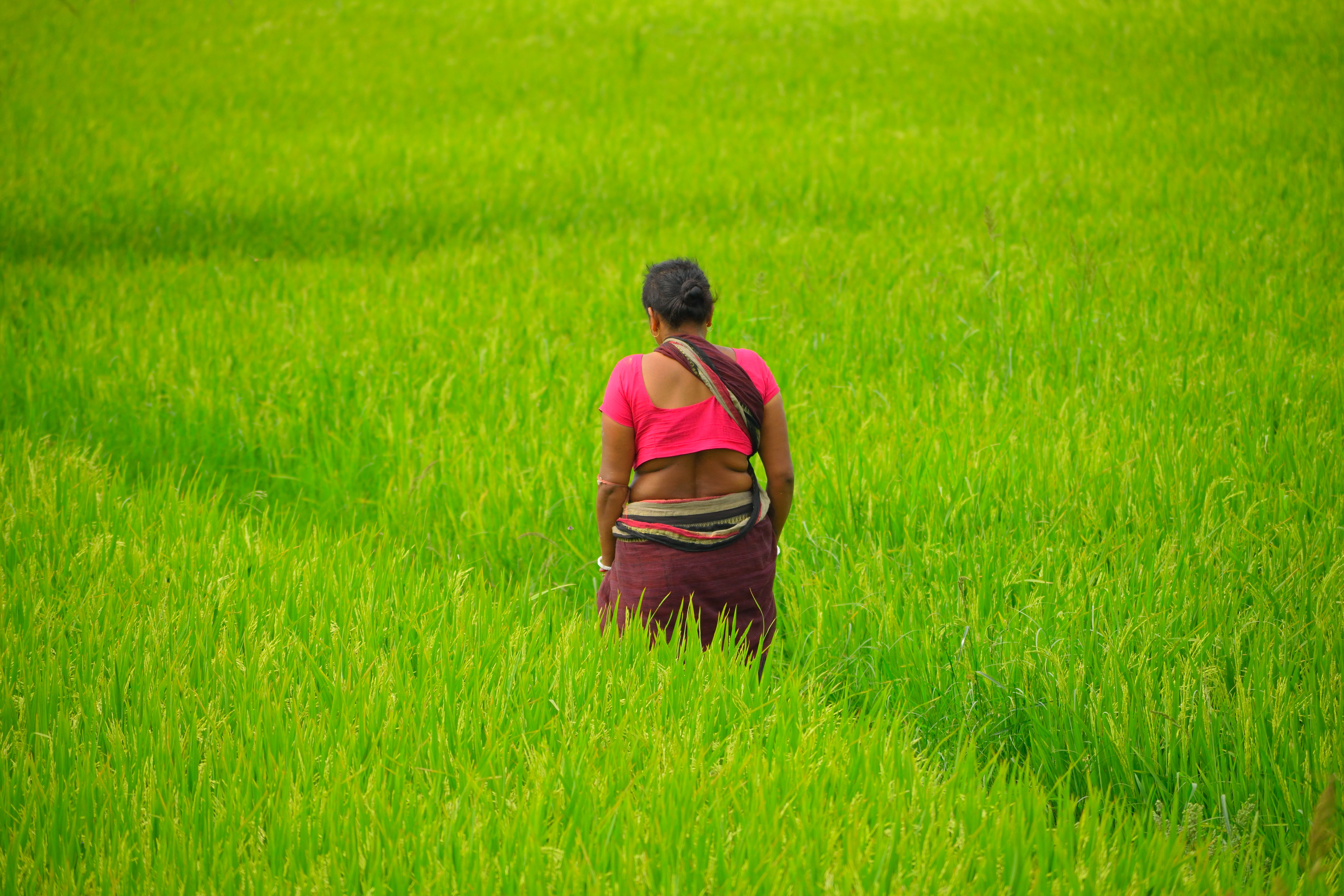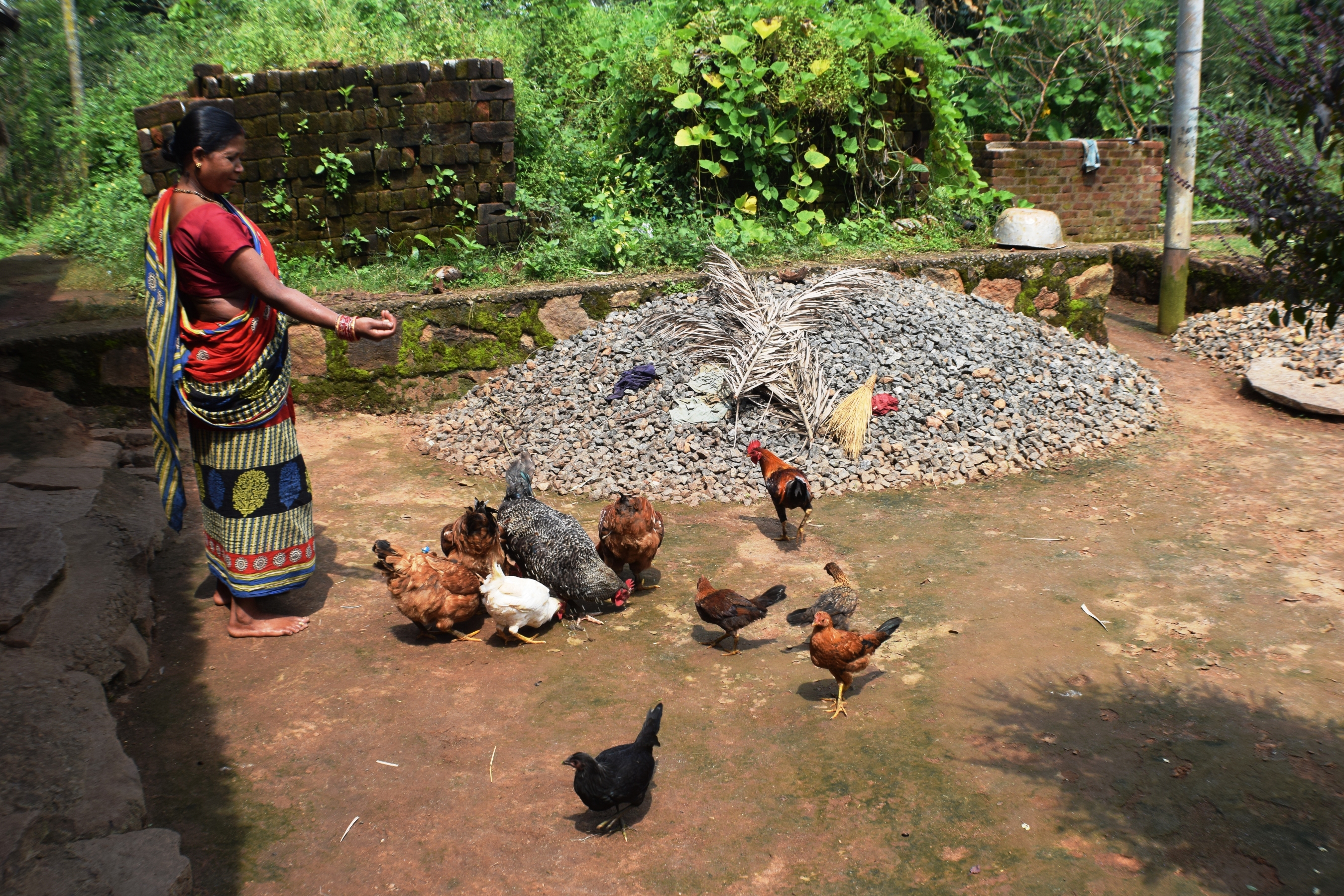



Women in Poultry: Jonna May Hernandez
Jonna May Hernandez is the founder of the Benigna Poultry Farm in the Philippines.They started operating in 2017 and scaled the business in 2018 with the help of the Department of Science and Technology. Jonna oversees the day-to-day operations, from production to people management to sales.
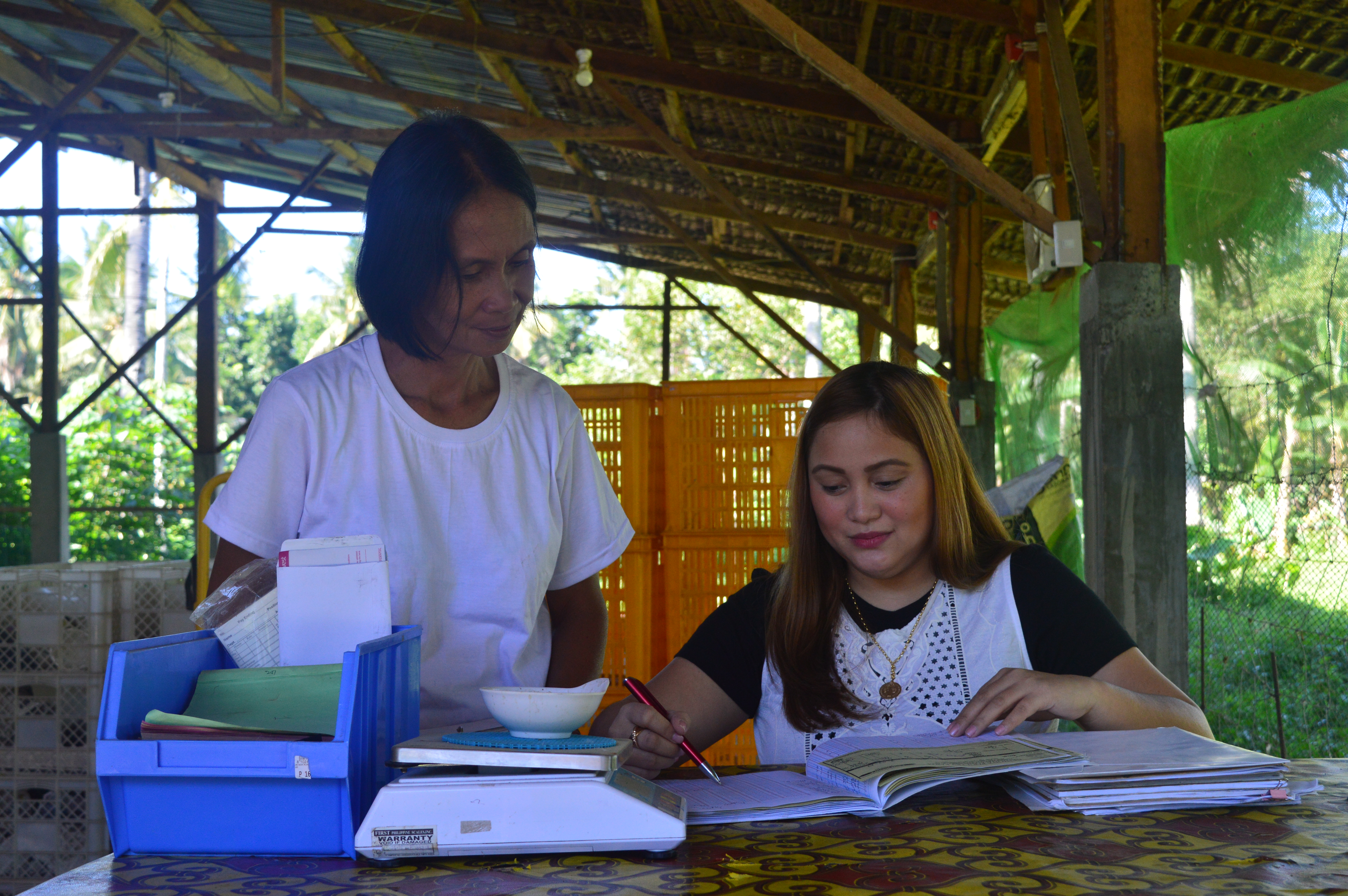
What inspired you to move into poultry?
My previous jobs and my undergraduate degree are not at all related to animal health or animal husbandry. While I was working on my MBA, I was inspired to become an entrepreneur.
When doing research on business ideas, I learnt that, in the Philippines in general, the population and consequently egg consumption are consistently increasing. However, the supply does not match the demand. In our region specifically, access to fresh, high-quality, affordable eggs is not easy. This information gave me the inspiration to start a poultry business.
After starting, I also realised that I was contributing positively to the local economy, and this has inspired me to forge ahead.
What are the main challenges that you faced when you were on the farm?
The main challenges I have faced are the availability of workers, maintaining animal health and maintaining hygiene and quality of production.
The most critical part in growing chickens is the commitment of the workers to their jobs. The performance of the chickens’ production and the cleanliness of the work areas are greatly dependent on the management of the workers. In tropical countries like ours, conventional types of poultry houses are most cost effective and hence the workers’ involvement in the day-to-day operations plays a significant role.
Describe a typical day in your current role
My day starts with reconciling sales and inventory numbers. I visit the farm to check on the operations and talk to the staff. If there are any concerns that need to be addressed, I attend to those. We have a regular schedule for the delivery of supplies, so I only need to monitor that aspect of the business.
On the sales side we have regular buyers, and I meet them every few days to understand the demand. I monitor the “hen day production” and projected sales versus actual sales. Since I have been working on this for few years now, and the operations are set up and streamlined, the nature of work is more monitoring operations and ensuring sales.
How would you reorganise the legislative minefield, if you could?
The process of setting up a business and the permits needed could be streamlined to make it easier for someone starting a poultry farm with no prior experience. The programmes, continuous education, industry knowledge, medicines and vaccines are either limited or unavailable. In other countries, seminars and conferences are being initiated and sponsored by the government.
In the Philippines, however, these are usually being conducted by private companies and can only be attended by invitation. I would also ensure that all poultry farms secure permits from the Department of Science and Technology.
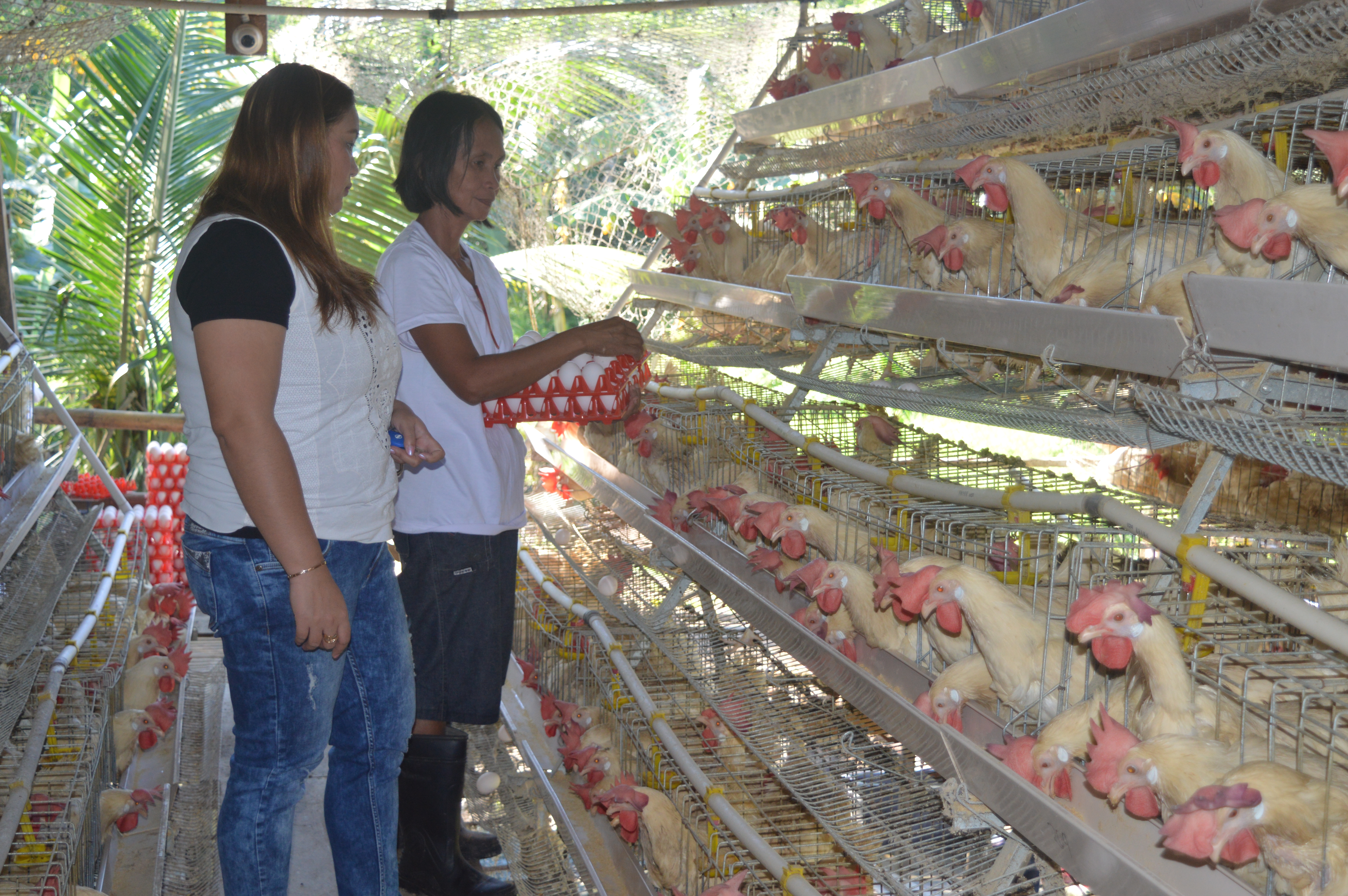
Have you encountered any challenges as a woman in poultry farming?
Yes, definitely! I have encountered a variety of challenges. As a woman who had worked in the corporate sector, I had no experience or any knowledge about civil works, construction etc. This led to many challenges when planning and constructing the poultry houses. It is not common for a woman to run a business in the area. Hence, it was difficult to get the engineers and other staff to listen to my ideas.
From a logistics perspective, given that I am the only person handling the operations, I had to buy feeds, construction materials, rice hulls and so on, on my own. Being an entrepreneur, it is important to be resourceful, so I drive the pick-up truck myself to get the supplies. Given the location of the farm outside the city, I end up spending additional time and effort on these duties. Also, with the physical nature of many of the jobs in the farm, I find it can be more difficult as a woman.
What advice would you give to women looking to start a career in poultry?
The poultry business is not an easy business for women, especially since a lot of the work is physical and labour intensive. However, women are naturally patient, which makes us most effective in getting down to the nitty gritty of the business.
Women’s instincts also play an important role in the poultry industry. Women are naturally caring and compassionate which is a great advantage in animal husbandry. Women should not be demotivated by the challenges in this industry but must focus on what can be done and what should be done. Our physical attributes should not be a hindrance, nor should they be the basis of our abilities to succeed.
What would be your dream role in poultry?
Being the game changer in the industry is my dream role in poultry. There is still room to make improvements in the poultry industry in the Philippines.
What outstanding challenge facing the poultry industry would you most like to solve?
In the Philippines’ market, pricing and seasonal demand are the most challenging in the poultry industry. Without regulated farm-gate pricing, small-to-medium enterprise growers are critically affected because of economies of scale.
Moreover, the Philippines’ agriculture sector is not technologically advanced in terms of farm management. For poultry farm growers, it is very challenging to remotely monitor the entire operation of the farm, and this is mostly due to a lack of technical knowhow. Therefore, I think creating a software application that is designed specifically for poultry management would be most valuable but, most importantly, it must be affordable.
How has your relationship with the poultry sector evolved?
The poultry sector in our area or in the Philippines in general is not strong enough compared to neighbouring countries because the government is more focused on crop-related products.
How do you incorporate sustainable (ethical, environmental, economic) best practices into your day-to-day routine?
Though not yet completely implemented, we try to follow an integrated farming approach. One example is by using the manure waste as an organic fertiliser for our banana plants on the farm. We also treat the waste so that it does not pollute the environment. Additionally, we are committed to treating our poultry well and working to maintain their health by keeping conditions optimum for their well-being.
How do you feel about on-farm technology, either current or yet to be developed?
On-farm technology would be a great solution for efficient farming. The only concern for automation is the cost involved for procuring this technology. In first-world countries, on-farm technology or developing that technology is very important and it is also widely used due to high labour cost and weather situations. That is not the case here in the Philippines, and I would definitely welcome such solutions.
What are the most memorable experiences you have had during your career in poultry?
The most memorable experience was when the Department of Environmental and Natural Resources chose our farm to be awarded as their Setup Integrator by the DENR’s secretary and the Philippine president during National Science and Technology Week.








